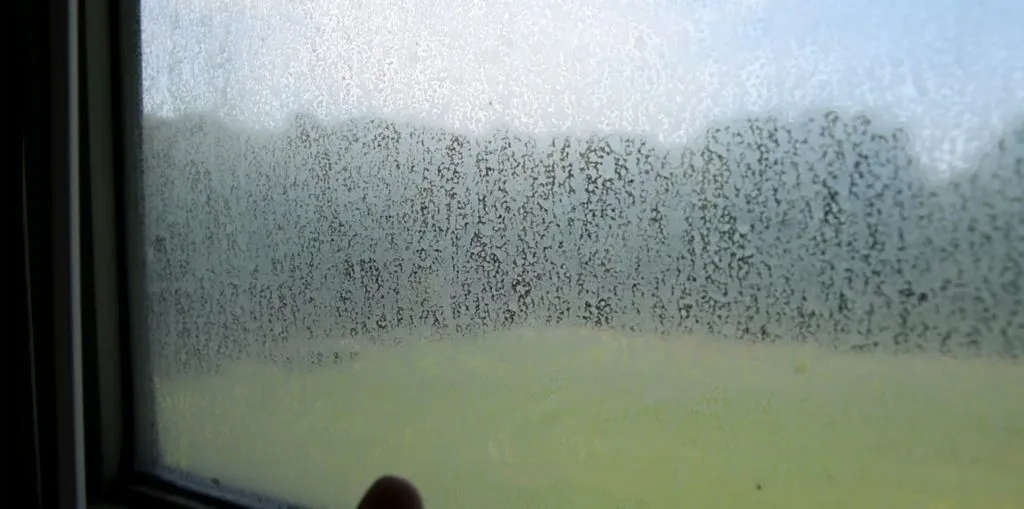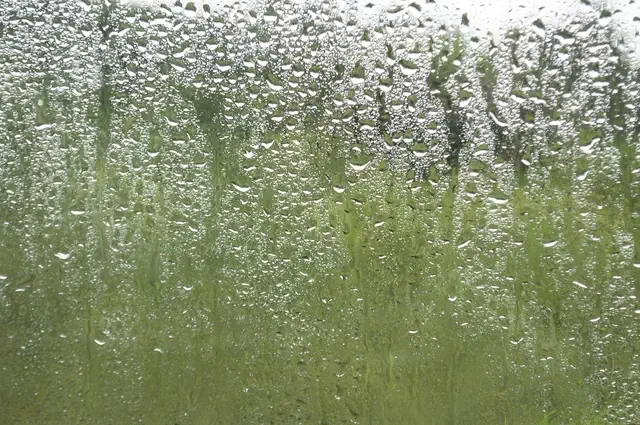Hard water stains on glass can be stubborn and unsightly, leaving a cloudy, hazy appearance that detracts from the overall cleanliness of your home or office. Whether it’s shower doors, windows, or glassware, these stains are a result of mineral deposits like calcium and magnesium that accumulate over time. In this comprehensive guide, we’ll explore effective and practical methods to clean hard water stains on glass using household items and specialized products. Follow our step-by-step instructions to restore your glass surfaces to their original, spotless condition.
Understanding Hard Water Stains
Hard water stains occur when water with a high mineral content evaporates, leaving behind deposits of calcium, magnesium, and other minerals. Over time, these deposits build up and create a filmy residue that can be difficult to remove. Common areas affected include shower doors, windows, glass tabletops, and mirrors. Regular cleaning can prevent buildup, but once stains are established, more intensive methods may be required.
Essential Tools and Materials
Before starting the cleaning process, gather the necessary tools and materials. Here’s a list of items that will help you effectively remove hard water stains:
- White vinegar
- Baking soda
- Lemon juice
- Commercial hard water stain remover
- Microfiber cloths
- Spray bottle
- Squeegee
- Rubber gloves
- Soft-bristle brush or non-abrasive sponge
Step-by-Step Methods to Clean Hard Water Stains on Glass
1. Cleaning Hard Water Stains with White Vinegar
White vinegar is an excellent natural cleaner that can dissolve mineral deposits. Here’s how to use it:
- Prepare the Solution: Mix equal parts of white vinegar and water in a spray bottle. For tough stains, use undiluted vinegar.
- Apply the Solution: Spray the vinegar solution generously onto the stained glass surface. Let it sit for at least 10-15 minutes to break down the mineral deposits.
- Scrub Gently: Use a soft-bristle brush or a non-abrasive sponge to scrub the stains in a circular motion.
- Rinse and Dry: Rinse the glass with water and dry it with a microfiber cloth or squeegee to prevent further streaks.
2. Removing Hard Water Stains On Glass with Baking Soda Paste
Baking soda acts as a gentle abrasive that can help lift stubborn stains without scratching the glass.
- Create a Paste: Mix baking soda with a small amount of water to form a thick paste.
- Apply to Stains: Spread the paste over the hard water stains using a soft cloth or sponge.
- Scrub Lightly: Gently scrub the stains using a circular motion, applying more paste as needed for tough areas.
- Rinse Thoroughly: Rinse off the paste with water and wipe the glass dry with a microfiber cloth.
3. Lemon Juice for a Natural Shine
Lemon juice contains citric acid, which helps break down mineral deposits and adds a fresh scent.
- Prepare the Juice: Squeeze fresh lemon juice or use bottled lemon juice for convenience.
- Apply the Juice: Pour the lemon juice directly onto a soft cloth or sponge and apply it to the stained areas.
- Let it Sit: Allow the lemon juice to sit on the stains for 5-10 minutes.
- Rinse and Buff: Rinse with water and buff the glass dry with a microfiber cloth for a streak-free finish.
4. Using Commercial Hard Water Stains On Glass Removers
For severe hard water stains that don’t respond to natural methods, a commercial cleaner may be required.
- Choose the Right Product: Select a commercial hard water stain remover that is safe for glass surfaces. Always follow the manufacturer’s instructions.
- Apply the Product: Apply the cleaner to the stained areas as directed. Use a sponge or soft cloth to spread the product evenly.
- Scrub if Needed: For tough stains, gently scrub with a non-abrasive sponge or brush.
- Rinse and Dry: Thoroughly rinse the glass to remove all cleaner residue and dry it with a microfiber cloth or squeegee.
5. Preventing Hard Water Stains on Glass
Once you’ve removed the stains, it’s important to take steps to prevent them from returning:
- Regular Cleaning: Wipe down glass surfaces regularly with a mixture of vinegar and water to prevent mineral buildup.
- Use a Squeegee: After every shower, use a squeegee to remove water from shower doors to minimize hard water deposits.
- Apply a Water Repellent: Consider using a glass treatment product that repels water, reducing the likelihood of stains forming.
- Soften Your Water: Installing a water softener can help reduce the mineral content in your water, preventing future stains.
With diligence and the right strategies, you can triumph over water stains on the glass, reclaiming the clarity and brilliance of your shower doors or windows. It’s important to remember that maintaining clean glass surfaces is an ongoing process that requires perseverance. So, please be sure to arm yourself with knowledge and perseverance. And let your glass shine bright once more, free from the blemishes of water stains. Contact us today!
Frequently Asked Questions
Can hard Water Stains On Glass be prevented permanently?
While it’s difficult to prevent hard water stains completely, especially in areas with high mineral content, regular maintenance and preventive measures such as using water-repellent treatments and softening your water can significantly reduce their occurrence.
Is it safe to use abrasive materials on glass?
No, abrasive materials such as steel wool or harsh scouring pads can scratch glass surfaces. Always use soft-bristle brushes, non-abrasive sponges, or microfiber cloths to clean glass.
Are there any commercial products specifically for shower glass?
Yes, many commercial products are designed specifically for shower glass and can help in removing hard water stains effectively. Be sure to follow the manufacturer’s instructions and test the product on a small area first.
How often should I clean glass to prevent hard Water Stains On Glass?
To keep the glass free of hard water stains, clean it at least once a week with vinegar and water solution or after each use if it’s a high-traffic area like a shower.
































